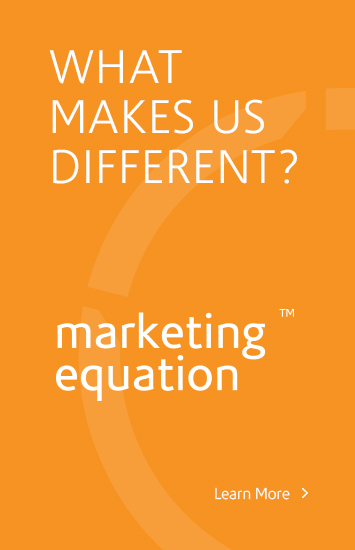Nov 17, 2009
Last week at Pubcon in Las Vegas there was an interactive site review session and one of the individuals on the panel was Matt Cutts, head of Google’s Webspam Team. One of the things he covered was having faster load times.
Having faster load times for your pages can have a significant impact in the way search engines view your site as a whole and how they will rank your pages. While there is no penalty for having slow loading pages, it is heavily advised that your pages load faster and Matt Cutts made mention to this in the site review session.
It is no secret that Google wants web developers to improve the way they code and present sites to them. They created Google Code in order to provide a resource for developers to enhance the quality of sites that are being built and then put live on the internet.
As part of their “Let’s Make The Web Faster” campaign Google is continually doing new research and development into how to make browsers, pages, applications, and more faster. The other day I spoke about the new research project that Google engineers were working on called Google SPDY.
With all of the things that are going on in Google Camp as far as web speed is concerned, is it any wonder that page load times affect SEO. Having faster load times not only will help your rankings in Google, they will also help in how your users experience your site which also plays a role in SEO.
According to a recent survey commissioned by Akamai, a content delivery network provider, internet users now expect web pages to load twice as fast now in 2009 than in 2006. Here are some more interesting facts. You can check how fast your webpages load with several tools and here is a good tool from Pingdom to test your pages load times.

